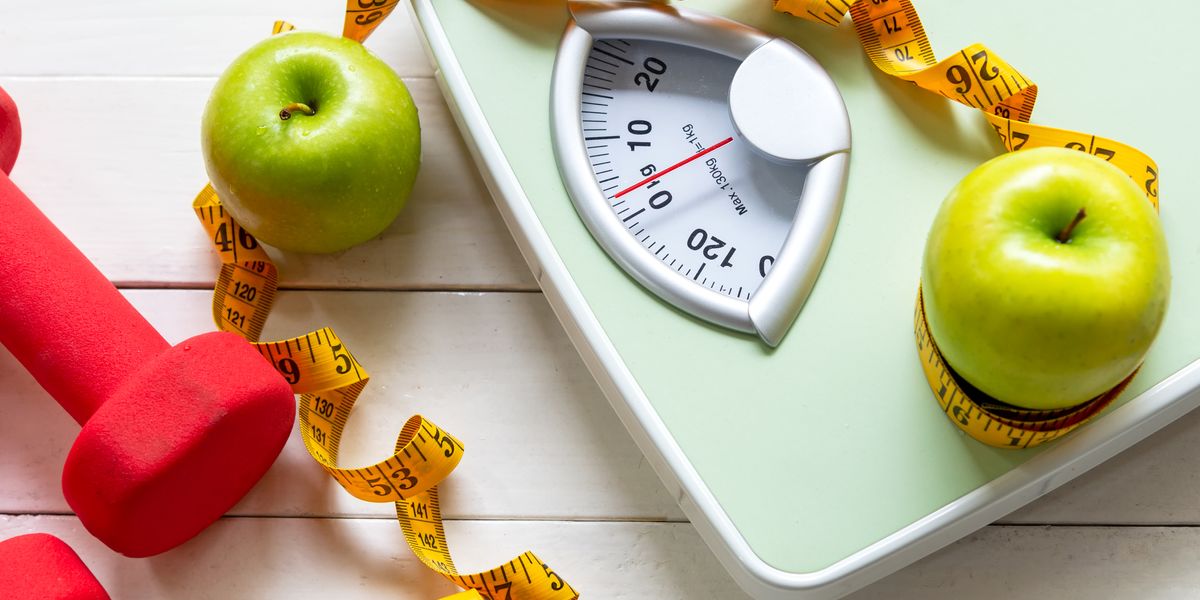Sugar and fat are two of the most widely talked about dietary topics, with one of the most commonly asked questions by people with (and without) diabetes being ‘how much sugar or fat can I have in my diet?’
Sugar
Limiting the amount of sugar we take in should be a priority for all people, not just individuals with diabetes.
Sucrose (table sugar) is a major part of some of our favourite daytime snacks like cakes and biscuits, but what many people fail to remember is that sugar is also present in a wide range of other foods.
These include:
- Cereals
- Fruit drinks and smoothies
- Fruit yoghurts
- Ready meals
- Soups
Aside from energy (calories), sugar provides no nutrition which is why it is often referred to as ’empty calories’.
It also increases blood glucose levels quickly, which is one of the reasons why people with diabetes are advised to limit their daily intake of sugar (the NHS recommends consuming less than 70g a day of sugar for men and under 50g of sugar a day for women).
In fact, limiting sugar intake is a good way to start getting your blood glucose levels under control.
Cutting back on the amount of processed foods you eat is also recommended as the majority contain added sugars and in the UK, manufacturers are currently not required to state how much sugar has been added in processing.
But saying no to sugary foods in an effort to restrict your sugar intake can be difficult, especially if those around you (friends, work colleagues, relatives, etc) often indulge in sweet food and drink.
Sugary snacks such as energy drinks (lucozade) and glucose tablets are used to prevent or treat hypoglycemia, so don’t worry about taking these if you are at risk of hypos.
Fat
For decades, fat has been labelled the ‘bad guy’ in diet and nutrition. However in recent years, a number of research studies have shown that fat is no worse for us than carbohydrate.
In fact, diets that are low in carbohydrate and high in fat are now widely regarded as being healthier, particularly in terms of blood glucose control and weight loss, than low fat, higher carb diet plans.
Fat is the most energy dense nutrient and carries twice as many calories as the same weight of pure carbohydrate.
While this doesn’t mean you should avoid fat altogether, you do need to be reasonably aware of how many calories you are taking in when eating high-fat (or fatty) foods such as butter, cheese and cream.
It’s also important to remember that some fats are a lot worse than others. The worst fats are those typically found in processed foods such as ready meals, crisps, pies, cakes and biscuits, so it’s best to limit these foods in your diet.
- For more in-depth information, see our guide on Fat and Diabetes
Fat and blood glucose levels
Unlike sugar, fat has little immediate effect on blood glucose levels and this a key reason why low carb, higher fat diets tend to produce better blood glucose control.
However, it’s important to note that taking in excessive fat, if it leads to an excessive calorie intake, will result in increased insulin resistance and therefore higher blood glucose levels.
What about low fat products?
Low fat products are a popular option amongst consumers as they tend to have less calories, but it’s not always the case.
Some low fat foods, such as yoghurts, contain significantly more sugar so being ‘low fat’ doesn’t necessarily make it healthier.
Deciding on low fat products also depends on the rest of your diet.
For example, if you tend to eat quite a lot of dairy produce then it may be better to go for low fat dairy options.




